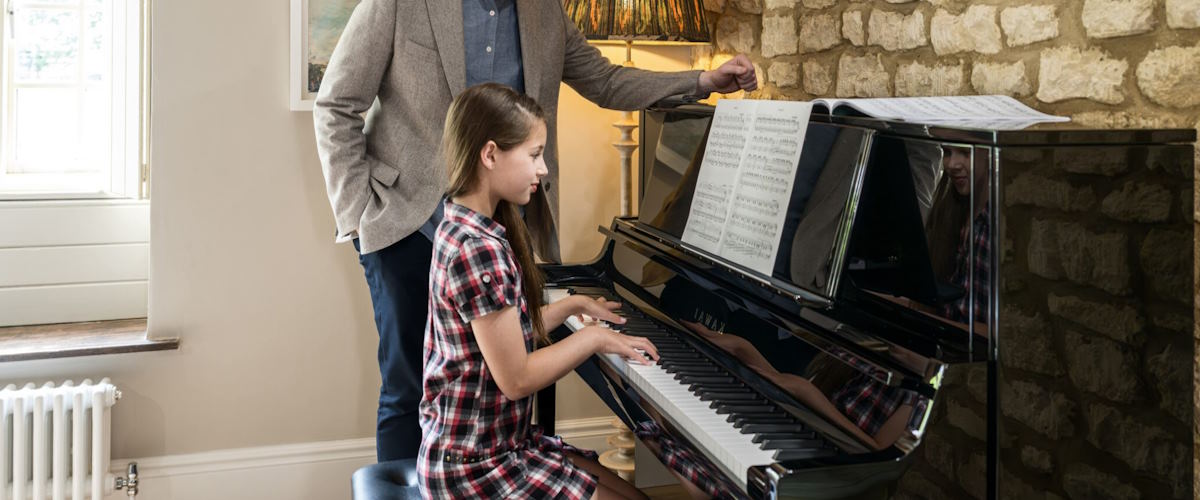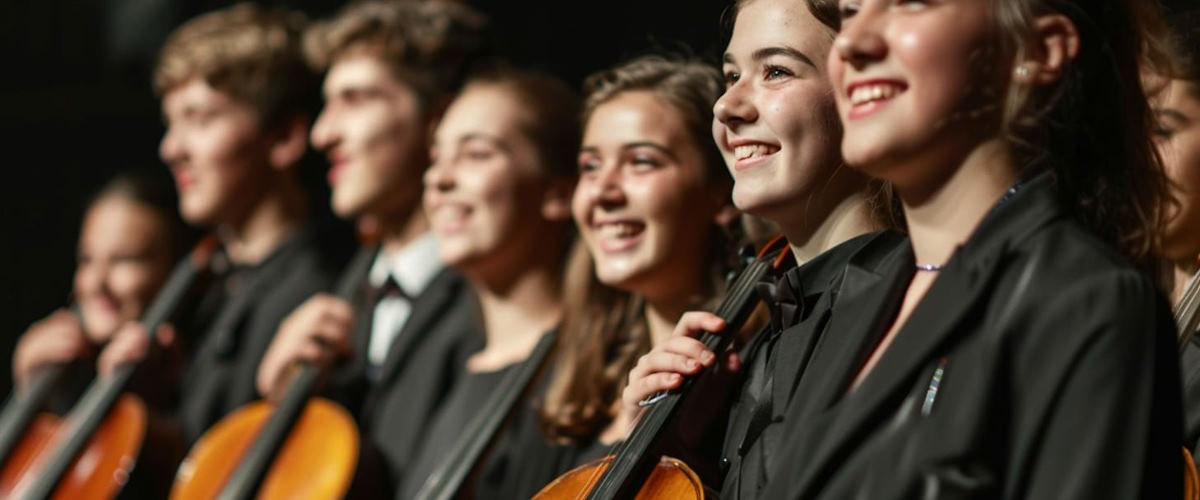When it comes to music education, both group training and solo practice offer unique advantages. Understanding the benefits of each can help musicians choose the best approach for their development.
Motivation Boost Through Group Music Sessions
Group music training can significantly enhance motivation. Here are some key reasons:
- Shared Goals: Working towards a common goal fosters a sense of camaraderie, encouraging musicians to stay committed.
- Accountability: Regular group sessions create a sense of responsibility to practice and perform together, motivating members to improve.
- Fun and Engagement: The social aspect of group training makes learning enjoyable, helping to maintain enthusiasm for music.
Collaborative Learning Benefits in Music Education
Collaborative learning in group settings offers distinct advantages:
- Diverse Perspectives: Group training allows musicians to learn from one another, exposing them to different styles and techniques.
- Immediate Feedback: Peers can provide constructive criticism, helping each other improve in real-time.
- Enhanced Communication Skills: Collaborating with others helps develop important skills such as listening and non-verbal communication, which are essential in musical performances.
Building Confidence Through Solo Practice vs. Group Performances
While group training has its benefits, solo practice also plays a critical role in developing confidence:
- Self-Reliance: Practicing alone fosters independence, allowing musicians to explore their style and technique without external influence.
- Performance Preparation: Solo practice is essential for preparing for individual performances, helping musicians build confidence in their abilities.
- Personal Reflection: Working alone enables musicians to reflect on their progress and set personalized goals, leading to a deeper understanding of their craft.
Both group music training and solo practice offer valuable benefits, each contributing to a musician’s growth in different ways. Group sessions provide motivation, collaboration, and social interaction, while solo practice builds self-reliance and personal confidence. By incorporating both approaches into their routines, musicians can achieve a well-rounded education that enhances their skills and overall enjoyment of music. Balancing these methods will ultimately lead to greater musical fulfillment and success.



 Rubi Godin, a music journalist and passionate listener, uses her blog to share her unique take on music’s evolving landscape. Her articles cover everything from mainstream hits to underground beats, always with an ear for authenticity.
Rubi Godin, a music journalist and passionate listener, uses her blog to share her unique take on music’s evolving landscape. Her articles cover everything from mainstream hits to underground beats, always with an ear for authenticity. 